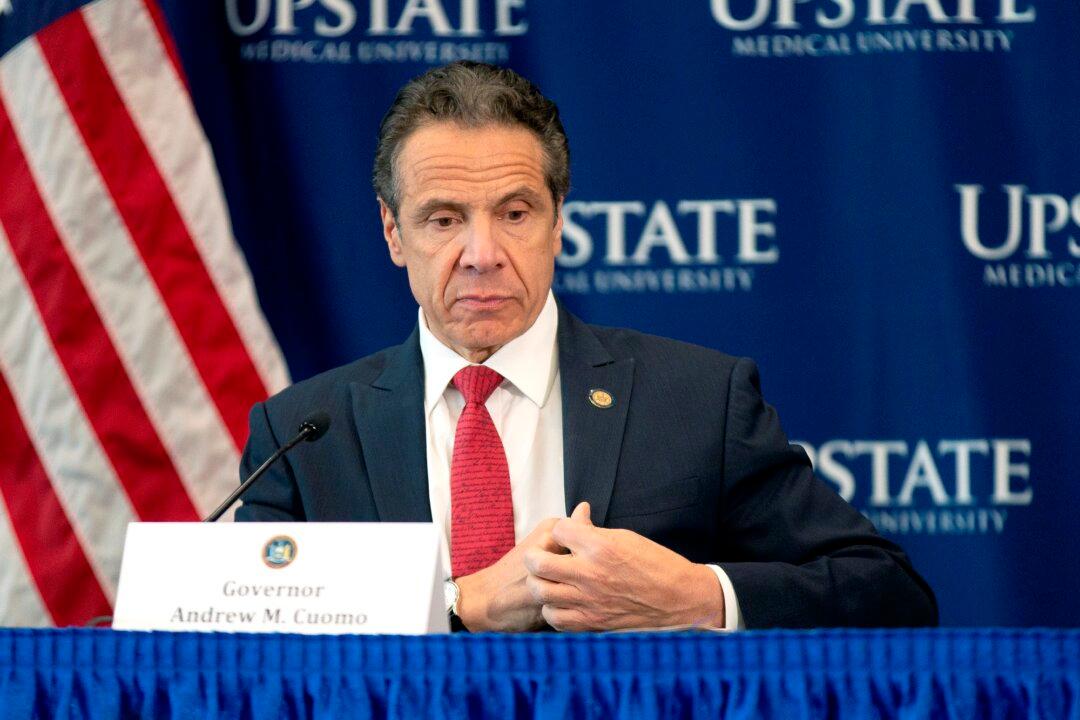A federal judge has blocked New York state from enforcing its pandemic restrictions on religious gatherings, saying that the capacity caps imposed on religious institutions have not been applied equally to secular activities.
U.S. District Judge Gary Sharpe on June 26 granted a preliminary injunction (pdf) that barred Gov. Andrew Cuomo, New York City Mayor Bill de Blasio, and state Attorney General Letitia James from enforcing the state’s 25 percent indoor capacity cap on religious institutions in phase two of the reopening process when other gatherings, such as in some retail stores and salons, enjoy a limit of 50 percent capacity.




